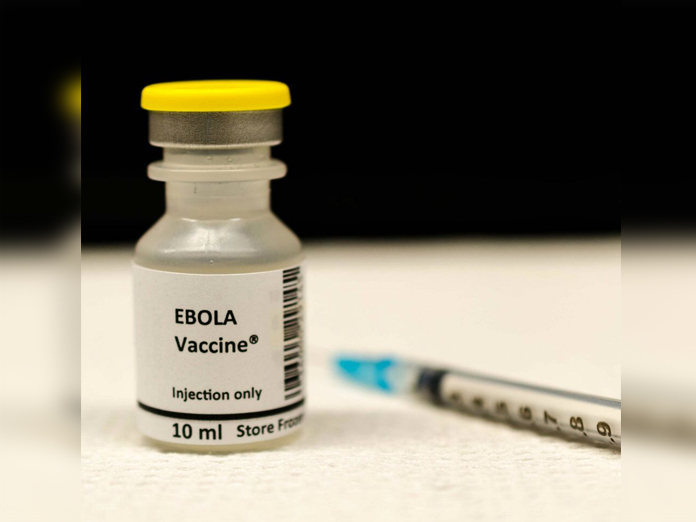New single dose experimental Ebola drug effective: Study

Scientists have developed an experimental new drug that can in a single dose successfully protect nonhuman primates against a lethal infection of all strains of the deadly Ebola virus
Scientists have developed an experimental new drug that can in a single dose successfully protect non-human primates against a lethal infection of all strains of the deadly Ebola virus.
"Our experimental drug can protect against all forms of Ebola known to harm people, suggesting that it will continue to protect people if the Ebola viruses evolve over time," said Thomas Geisbert, Professor at The University of Texas.
In the study, reported in the journal Cell Host and Microbe, the team demonstrated that a two-antibody cocktail called MBP134 could fully protect non-human primates and ferrets against lethal Ebola virus infections caused by the Bundibugyo and Sudan strain.
It was also found effective against the deadliest Zaire strain that caused the 2013-16 epidemic in West Africa and the current outbreak in the Democratic Republic of Congo.
"We were able to protect the non-human primates against all the Ebola species plaguing people at a single low dose," said Larry Zeitlin, president of Mapp Biopharmaceutical Inc -- a US-based pharmaceutical company.
According to Geisbert, previous therapeutics typically were of the "one bug, one drug" variety.
But because of the unpredictable nature and variety of the Ebola virus, scientists have been seeking a way to protect against different strains of the virus.
"The ability to quickly and efficiently provide protection against all Ebola viruses in a single dose would reduce the burden on health care workers in the field during outbreaks, especially in regions that have a less-developed infrastructure," Zeitlin said.
"Further studies exploring even lower doses could open the door to treatment via auto-injectors like the kind used for allergic reactions," he noted.







